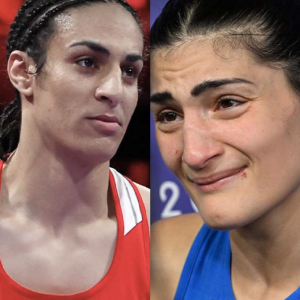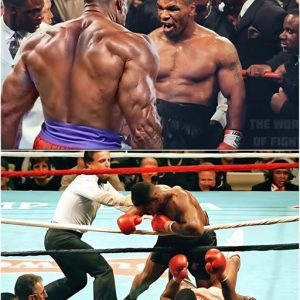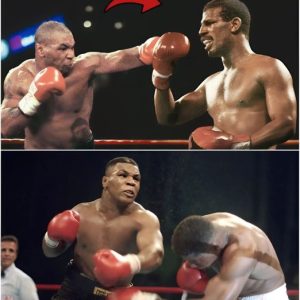MAURICE HOPE — because of his nasty, contemptible, bigoted neighbours — endured far more pain outside the ring than he did from the blows he took in his illustrious career.
Antiguan-born Hope, 72 is the son of parents who were part of the Windrush generation that arrived from the West Indies in the 1950s.



Mo was nine years old when he left the sunshine and the island’s 365 beaches to join them in the cold, grey streets of Hackney in East London.
And like so many Caribbean kids of that era he made a huge and triumphant success of his life thanks to boxing.
It began when one of his brothers persuaded a reluctant Mo to join the famous Repton Club, which led him to represent Great Britain at the 1972 Munich Olympics.
And it was there for the first time the schoolboy was subjected to personal racism — if only he knew worse was yet to come.
Reflecting on that shameful experience Mo — now honoured with an MBE for services to boxing — said: “Of course, it still hurts.
“But eventually I learned how to use that hate to my advantage.
When he turned pro in seven years from 1973 the fired-up Mo became British, Commonwealth, European and world light-middleweight champ, making history as the first black British immigrant to win a world title.
The boy who used to play barefoot in the sugar- cane fields on the island of his birth had, against all the odds, achieved fame and fortune.
Mo moved his wife and children out of Hackney when he bought a £125,000 house (£3million in today’s money) in up-market Winchmore Hill one of North London’s leafy havens for rich celebrities. Rod Stewart lived close by.
I went there to write a ‘didn’t he do well’ feature for SunSport and Mo proudly showed me his large stately home with its three-car garage, landscaped gardens and open-air swimming pool.
The heartbreaking chance meeting between Muhammad Ali and Colin Hart where boxing legend revealed ‘I’m not scared to die’
Mo never mentioned the fear and loathing he and his family were suffering and I assumed that he was enjoying a thoroughly-deserved idyllic lifestyle.
It was only this week when I read fellow writer Ron Shillingford’s up-lifting biography — aptly titled Land of Hope and Glory — that I found out the truth.
He revealed that the couple Hope were buying the house from told him people in the street had begged them not to sell to black people.
Needless to say when the Hopes moved in they were ostracised and then the vile, abusive threatening letters began to arrive.
“Go back to Africa”, and “Go back to the jungle or we will burn your house down” are just a couple of the threats that came through their letterbox.
When Hope informed the police he was advised to install state-of-the-art security and when he was away training his wife Pat was so scared she walked around with a bleeper all the time.
Inevitably to ensure the safety of his family Mo was forced to move out.
It makes the blood boil that Hope, a self-effacing, warm-hearted, generous man was treated so despicably.
Britain was a different place 40-plus years ago.
Whenever I wrote anything praising a black fighter the repulsive letters from National Front supporters addressed to me — anonymously of course — would descend.
It is a fair bet that wherever Anthony Joshua is living today the local community has welcomed him with open arms.
One story about Mo that isn’t in the book shows he could be a bit cheeky.
At the Commonwealth Games in 1998 he was coaching the Antiguan boxing team.
I hadn’t seen him for years so I got a message to him in the athletes’ village and invited him to lunch at my hotel.
He turned up with the usual huge grin on his face with three ravenous members of his team who didn’t have to make weight.
It turned out to be a VERY expensive reunion and my sports editor was none too pleased when I presented him with the bill!
Land of Hope and Glory by Maurice Hope with Ron Shillingford is published by Pitch Publishing and priced £25.





